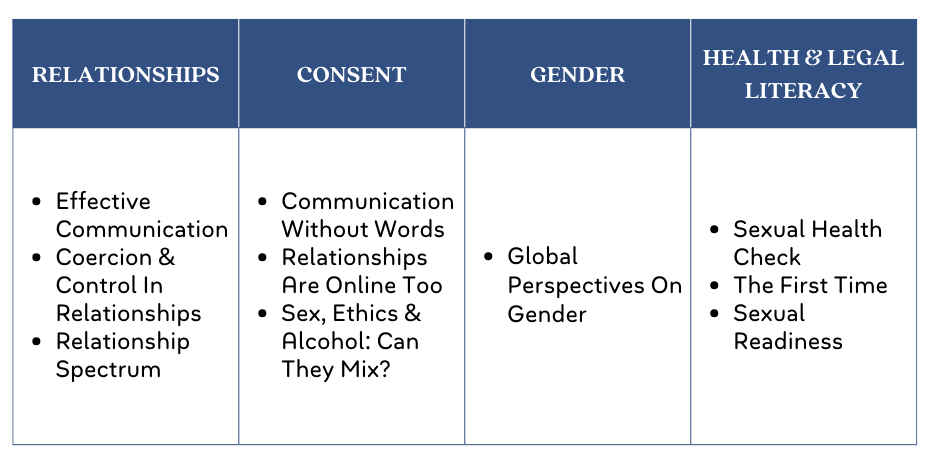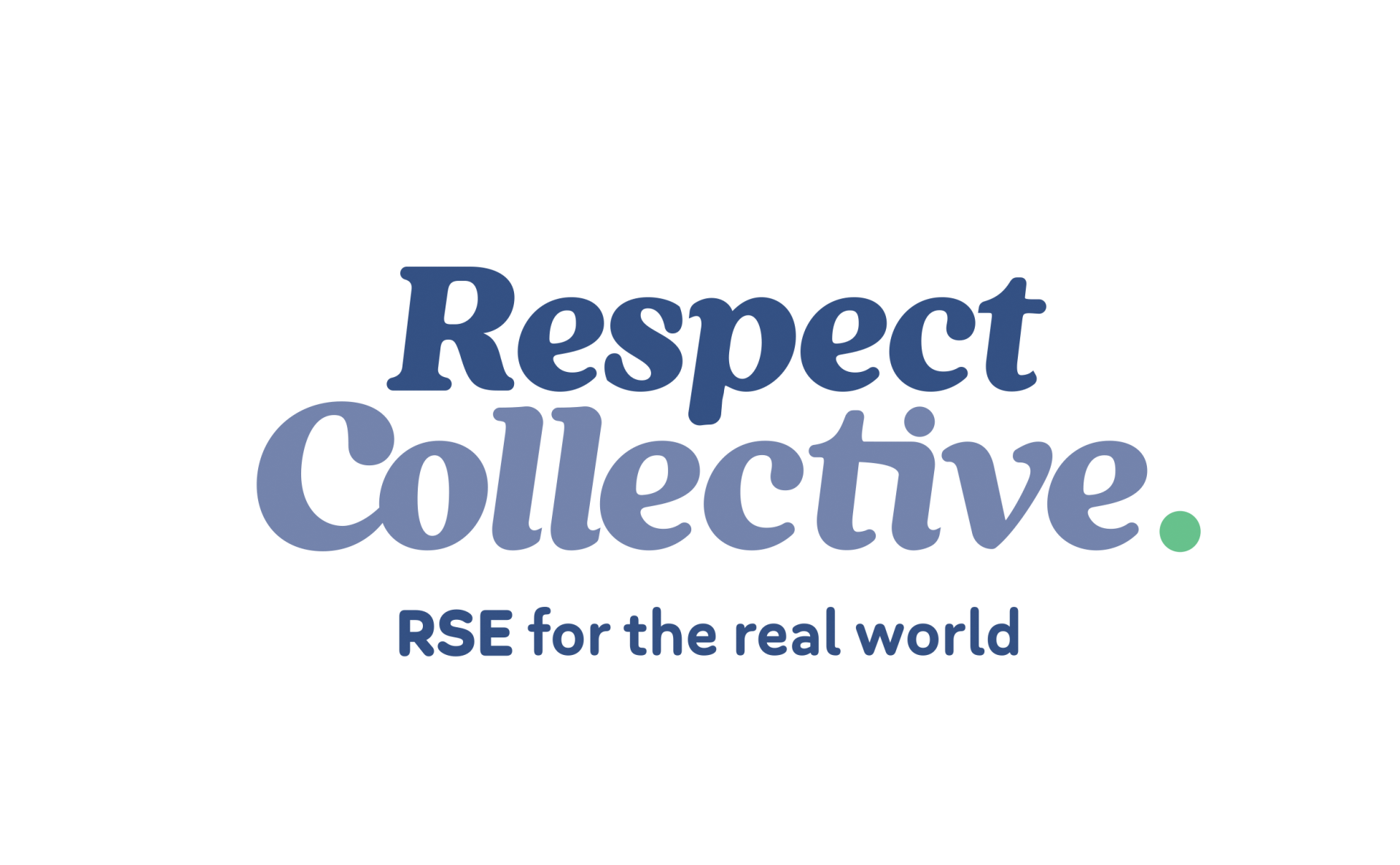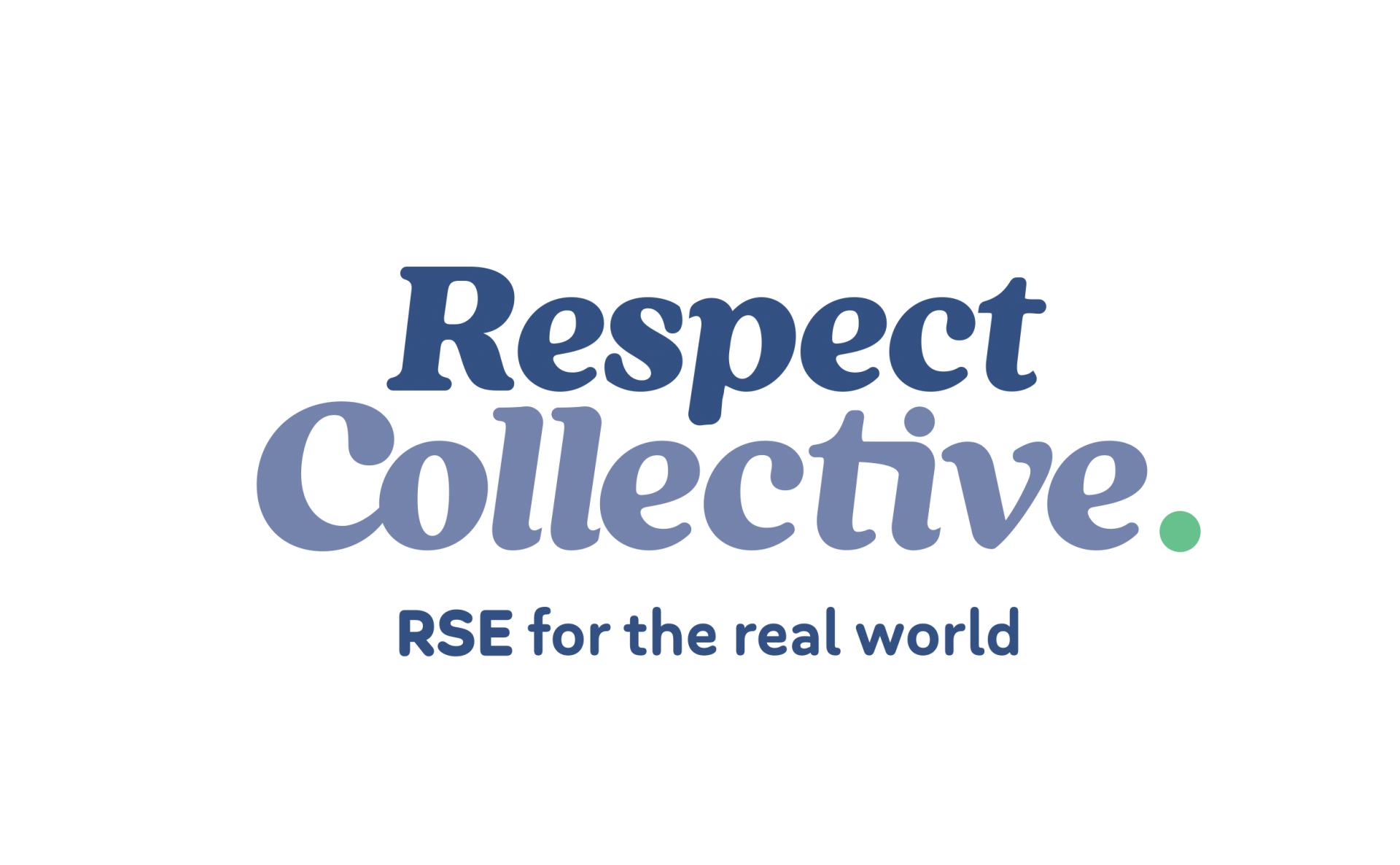In this Sex, Ethics & Alcohol: Can They Mix? lesson, students will develop their understanding of consent and decision making.
The lesson is based on the Sexual Ethics Framework by Moira Carmody. Students will begin by exploring the elements of this framework. Following the knowledge-building segment, they will apply the framework and its questions to a series of real world scenarios to decide how ethical the actions are. Students will engage in a collaborative small group discussion to share insights and delve into the reasons behind ethics and their application to intoxication and sexual activity.
Each lesson ends with a consolidation activity, inviting students to list 1
thing they have learnt from the lesson, 1 thing they already knew, 1 piece of
advice they would share with a friend, and 1 adult or organisation that would
be helpful in relation to the lesson topic.


